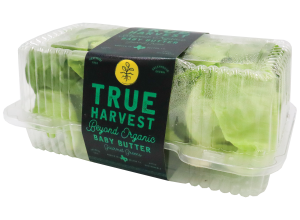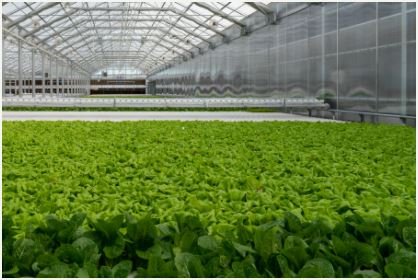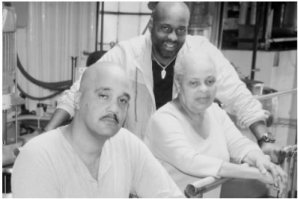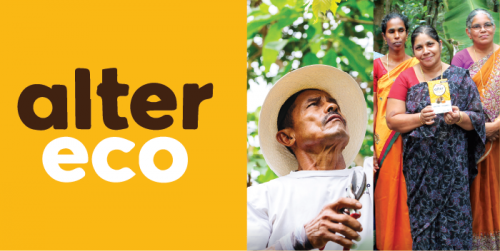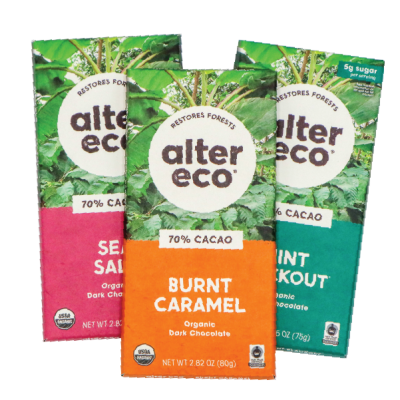Many Wheatsville shoppers like to shop with us because Wheatsville makes every effort to be environmentally sustainable. Wheatsville uses sustainable supply products like compostable straws and produce bags, and 100% recycled paper bags. Wheatsville sells local, organic, sustainable foods. And Wheatsville even composts and recycles so well it was a model of success for Austin Resource Recovery’s waste program for food businesses!
One of the most common reasons we hear that our customers don’t shop with us more is because they feel they can’t afford it. What if I told you there was a way to be more sustainable and reduce your grocery list so that you can shop at Wheatsville more?
Don’t waste food! A study published in the American Journal of Agricultural Economics in 2019, found that the average U.S. household wasted 31.9% of its food. The total annual cost of the wasted food at home in the US was estimated to be $240 billion or $1,866 per household. That’s about $35 a week of your money! Equally important to many, that is water, fossil fuels, and fertilizer wasted!
If you don’t know how much food you are wasting, leave any food to throw out in your fridge or freezer until trash day - pile it all up on the counter before taking it out to compost or the trash and you’ll see just how much of your resources you are throwing away.
One of the easiest ways to reduce food waste is to make a meal plan before you shop. Meal planning can sound intimidating, but it usually takes me about 10 minutes, and clearly avoiding food waste gets a good financial return!
Meal planning only takes a few simple steps, and no special supplies:
Step 1: EXPLORE: the fridge and the pantry and make sure you know what’s there. Tip: this can be combined with cleaning out your fridge and pantry and piling up all your food trash to see what’s wasted this week.
STEP 2: USE FIRST/USE SOON: make a “USE FIRST” list of everything you have that must be used up in the next few days or it will spoil, and a “USE SOON” list of everything that needs to be used up relatively soon, like the freezer and pantry items you’ve had for a suspiciously long time.
Step 3: DRAW OUT THE WEEK: Find a piece of paper. Make a grid of the next week, leaving a spot for breakfast, lunch, dinners, and snacks/deserts for each day. If you and a family member eat different meals, divide that meal’s square into sections for each person, or use a different colored pen for each person.
Step 4: USE FIRST MEALS: put in your first few days of recipes, meals & snacks with stuff from the use first list and items you need to use soon.
Step 4: GET UNSTUCK: It’s pretty common to run out of ideas. First, make sure you put in any nights you normally eat takeout, leftovers or Wheatsville’s Thursday $5 Grab & Go. If you get stumped on some ingredients, do a google search for the ingredient and “recipe”. You can even leave a blank to scrounge whatever’s around (PB & J for dinner, anyone?).
Step 5: SHOPPING LIST. Make the list of things you need to buy to round out the meals you have planned. It will be shorter than normal!
Step 6: SHOP: Do not buy perishables that aren’t on the list! If your list didn’t say “fruit for snacking”, don’t buy fruit for snacking! Pro tip: if you’re a big impulse purchaser, send someone else from your household who will only get what’s on the list, or use Curbside service to avoid impulse buys. At least the curbside fees help pay local employees, and isn’t just money thrown into the compost.
Don’t think making a meal plan means you have to cook every night or for every meal.
● Always account for leftovers! Don’t be afraid to eat small portions of leftovers as a snack, and always include a “leftover night” or “leftover lunch” so you’ll use them up.
● If other members of your household cook, include recipes they know how to make, or ask them to plan one based on your Use First/Use Soon lists.
● Including takeout, prepared meals, $5 Dinner Thursdays and frozen pizza in your meal plan is critical as it helps you reduce waste from buying ingredients you won’t use in time.
Using a simple meal planning process can help reduce your food waste, your ecological footprint, and the number of items on your grocery list - which if you didn’t need to lower your grocery budget, you can then spend at the place you really want to shop - Wheatsville!
Stay tuned for my next article on reducing food waste: how to make your fresh produce last longer!
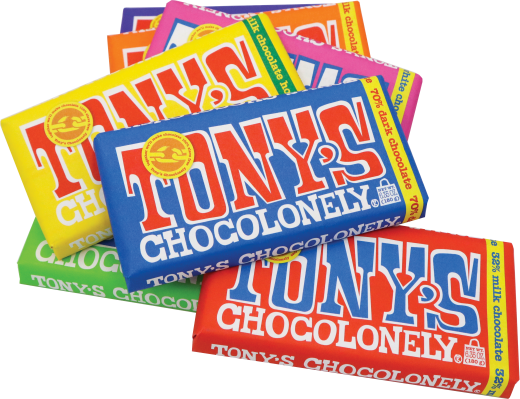
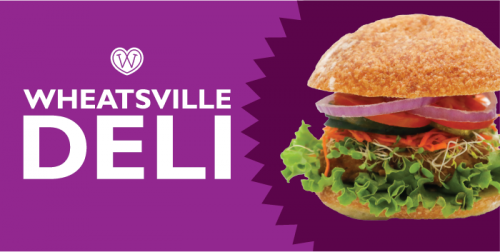
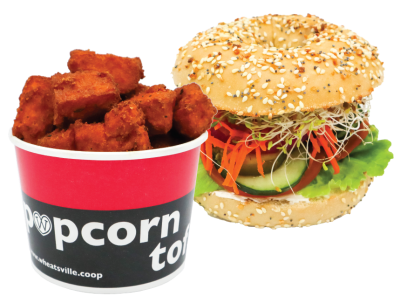
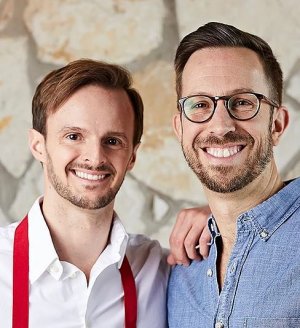
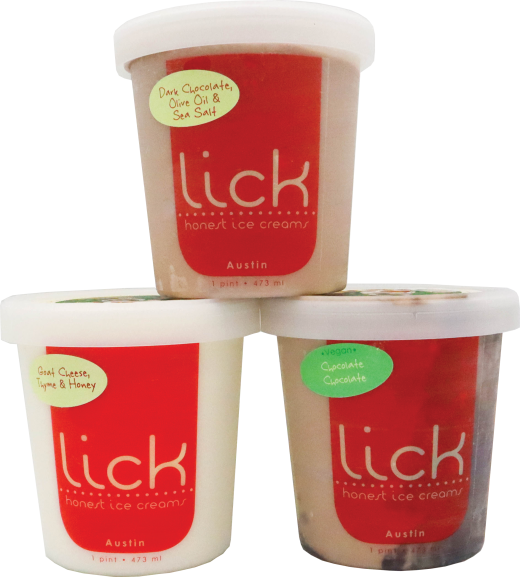
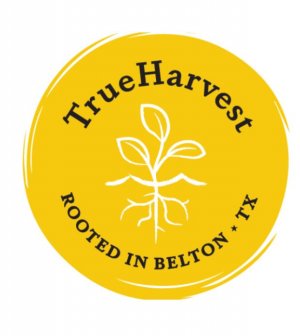 True Harvest - Locally Grown Fresh Produce. In the Heart of Central Texas. Our growing facility allows us to grow multiple varieties of premium head lettuce and microgreens. Our production greenhouse operation consists of a 58000 square foot facility dedicated to leafy green production, packaging, cold storage, and shipping docks. Not just organic but beyond! Grown in biodegradable materials, non-GMO seeds, organic soil, and no harmful pesticides. Generating a safer and more natural product.
True Harvest - Locally Grown Fresh Produce. In the Heart of Central Texas. Our growing facility allows us to grow multiple varieties of premium head lettuce and microgreens. Our production greenhouse operation consists of a 58000 square foot facility dedicated to leafy green production, packaging, cold storage, and shipping docks. Not just organic but beyond! Grown in biodegradable materials, non-GMO seeds, organic soil, and no harmful pesticides. Generating a safer and more natural product.